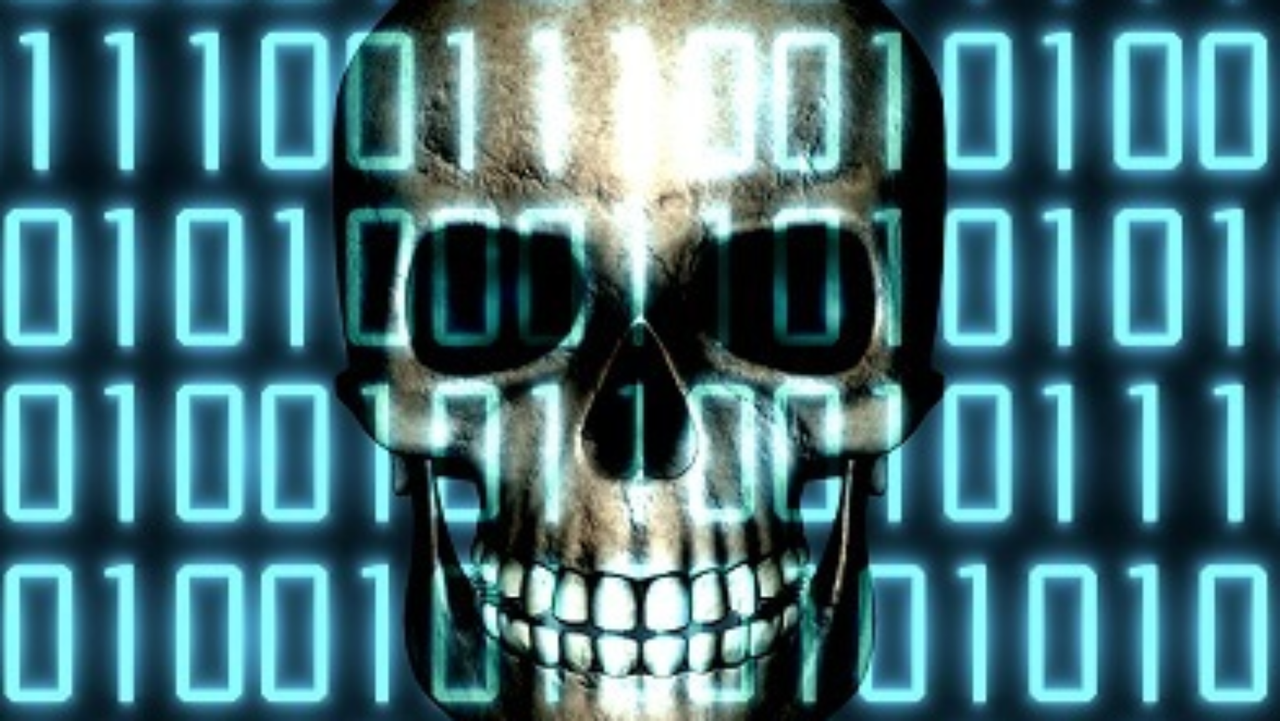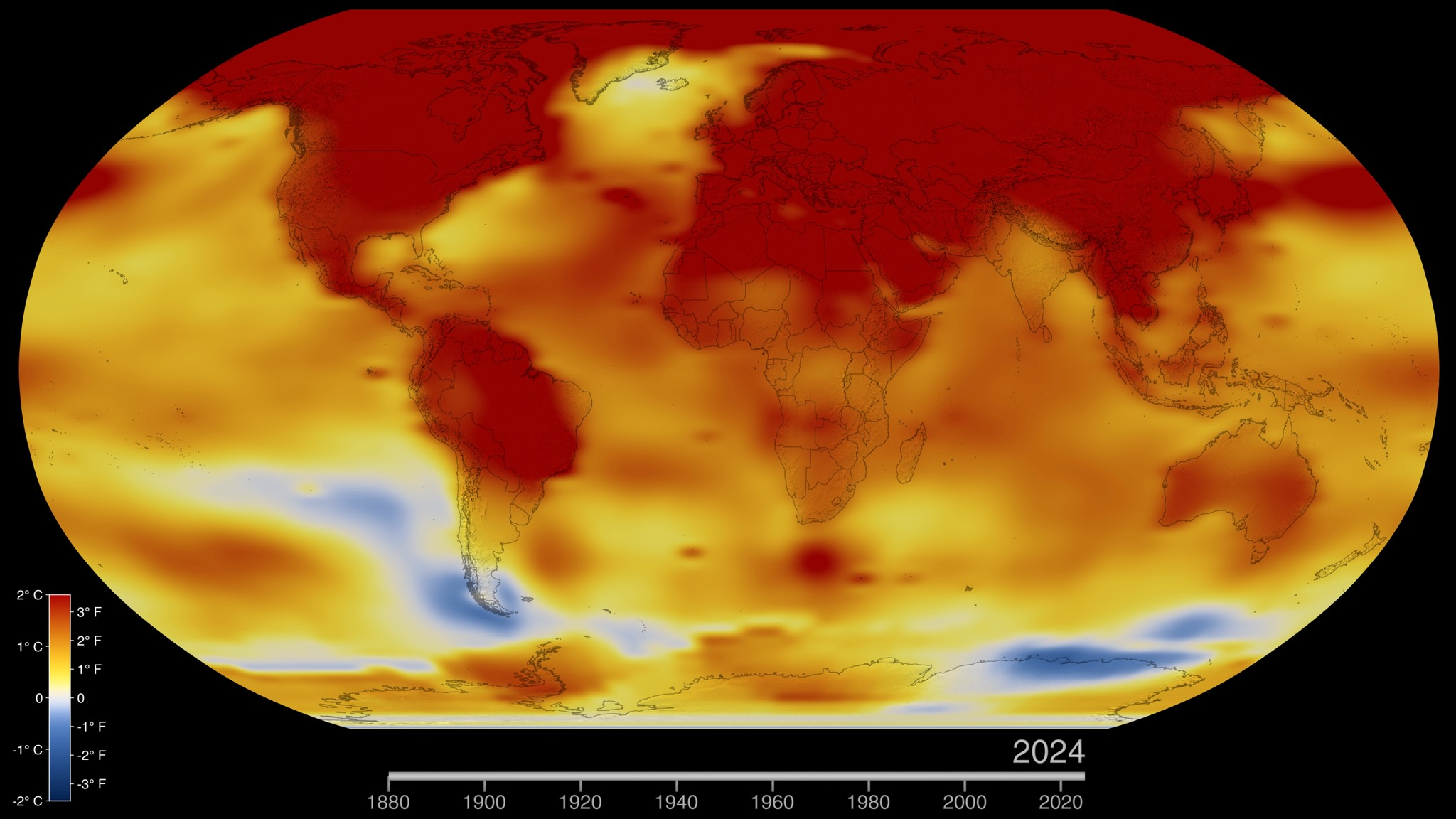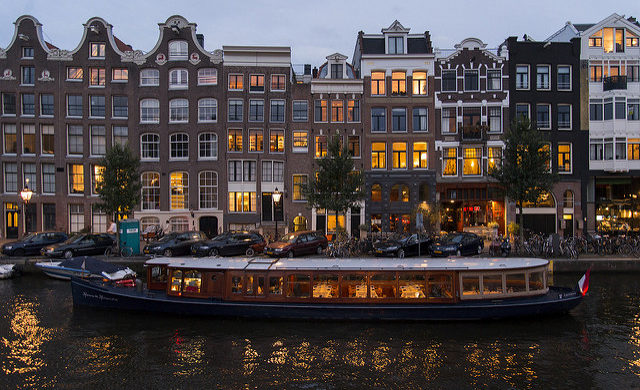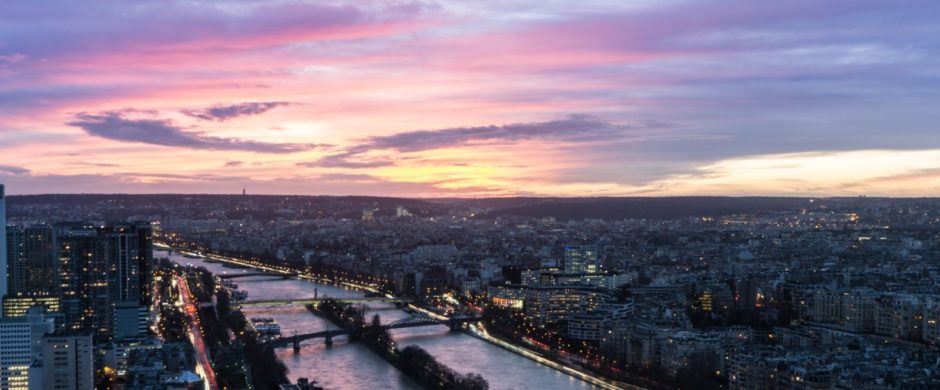"We are collectively suffering through a crisis of imagination"
An inability to imagine the world differently is preventing us from understanding what a terrible situation humanity is in, writes Rachel Donald. Acidifying oceans, burning soils, choked atmosphere, extinct species and those that survive migrating with nowhere to go. Genocides, wars, famines, droughts. Corporate capture of essential services and democratic institutions ripped apart by unelected The post "We are collectively suffering through a crisis of imagination" appeared first on Dezeen.


An inability to imagine the world differently is preventing us from understanding what a terrible situation humanity is in, writes Rachel Donald.
Acidifying oceans, burning soils, choked atmosphere, extinct species and those that survive migrating with nowhere to go. Genocides, wars, famines, droughts. Corporate capture of essential services and democratic institutions ripped apart by unelected individuals.
Multinationals reneging on sustainability pledges and fossil-fuel companies ramping up extraction while a president takes a sledgehammer to energy policies that were meant to usher in a greener future. Meanwhile, that future has always come at the cost of what is left of our green spaces: mountains in the Global South mined to mud in search for ore so that richer nations can feel better about the manner in which they're over-consuming the planet's precious resources.
We have wrought so much damage in so little time
This is the world we live in and it is a product of the accumulative force of patriarchal feudalism combined with deregulated markets unleashed by a potent energy source discovered less than 200 years ago. We have wrought so much damage in so little time, enacting a narrow-minded vision of development at the expense of social equity and a healthy planet.
Our bodies are as polluted as Earth's. Perhaps the greatest tragedy of all, in this ultimate nexus of crises, is the pollution to our minds. In a time when we need to find the very best of ourselves, we are collectively suffering through a crisis of imagination.
That crisis takes form in myriad ways. There is the physical homogenisation of cities around the world under the pressure of globalisation; the repeated requests to industries to solve the problems they have caused while covering up their crimes; politicians who pledge to support distant futures rather than legislate to protect the present.
There are the god-awful debates that circle like a toilet drain around meaningless linguistic tricks like "net zero" and "carbon free", as if the problem is a molecule and not the human systems that abuse it. The insistence that the economic model which actively promotes harm to protect profit is the best option we have to address the planet's crossed boundaries – even though the man who conceptualised capitalism warned it was an unsustainable system, meant for short-term growth not long-term governance.
This is the crux of the crisis of imagination: we cannot imagine the world being any other way, which prohibits us from understanding just how terrible our global situation is.
The Institute and Faculty of Actuaries released a report in January predicting that our global economy will crash by up to 50 per cent before 2090 if we continue to over-extract and consume Earth's resources. The economy is contingent on material inputs and a healthy biosphere. Without the planet, no matter what billionaire Silicon Valley evangelists believe, there will be no economy.
There is nowhere to go except here, and here is breaking down
This fundamental link has been severed in our minds, with the EU now promoting "dematerialising" the European economy in response to climate change, seemingly unaware that digitising our services demands enormous energy, minerals and fresh water. The religious zeal to reach an eternal, bodiless state high in the clouds fogs our understanding of reality.
There is nowhere to go except here, and here is breaking down. Pretending it isn't won't make the problem go away.
There is no one-size-fits-all solution to our "global problematique", as the Club of Rome called the impending polycrisis in the 70s. Yet we are so starved of good ideas and goodwill analysis and nuanced rhetoric that despite global fossil-fuel production breaking records every year, the powers that be insist things can be fixed without very much changing.
We are told that substituting out one energy system for another will make all our problems go away, despite many scientists warning that the biodiversity crisis – which studies have shown is worsening as mining for the energy transition increases – is a bigger threat than climate change.
We are told that GDP must go up to ensure high living standards, despite those two measurements decoupling over a decade ago. We are told that genius men will save the day despite there being absolutely no evidence throughout all of human history that any one person saved the day, apart from, maybe, Roman general Cincinnatus, who came out of retirement to seize power from the corrupt Senate, becoming dictator for three weeks to clean up the political process in Rome, before retiring back to his farm once the job was done.
Our world is much bigger than Rome. There is no Cincinnatus or Martin Luther King figure who can set things right, because everything must change. Centralised power must no longer be allowed to run roughshod over our humanity. The only way to resist it is to come together, to offer alternative visions which break the Overton hall of mirrors we're all standing in, expecting a planetary crisis to not be as bad as it seems.
In a world where information is distorted, it takes imagination to confront the truth
There are successful attempts happening right now all over the world. In Denmark, stakeholders across the entire building sector have agreed that their actions are ecologically harmful, and are now actively lobbying the government to cap their productivity by 90 per cent. A 90 per cent reduction in their activity is the only way for them to meet the Paris Agreement.
It will result in a dramatic loss of revenue and profit, ultimately shrinking the sector to needs-fulfillment rather than profit-seeking. But they have understood that without a stable climate, their businesses will be worthless anyway.
In a world where information is distorted, it takes imagination to confront the truth. Before they could offer an adequate solution, they had to get to grips with reality. And doing so unleashed their imagination – because to envision where we're going, we have to know where we are.
They are charting a course through troubled waters while the rest of us are sinking, pretending we can breathe underwater. And there lies the great difference between imagination and pretence: imagination opens up new worlds; pretence veils the truth that we need them.
Simply, in this world, substitution won't cut it. For architects, designers and stakeholders across this hugely polluting sector, there are no materials that will facilitate the endless growth of our sprawling footprint without also harming a planet on the brink.
The challenge we face is not figuring out how to keep getting away with it, but how to design and build a beautiful world with enough space for every living thing.
Rachel Donald is a journalist focused on climate-related corruption. She runs the Planet: Critical newsletter and hosts a podcast of the same name.
The photo is by MiningWatch Portugal via Unsplash.
Dezeen In Depth
If you enjoy reading Dezeen's interviews, opinions and features, subscribe to Dezeen In Depth. Sent on the last Friday of each month, this newsletter provides a single place to read about the design and architecture stories behind the headlines.
The post "We are collectively suffering through a crisis of imagination" appeared first on Dezeen.
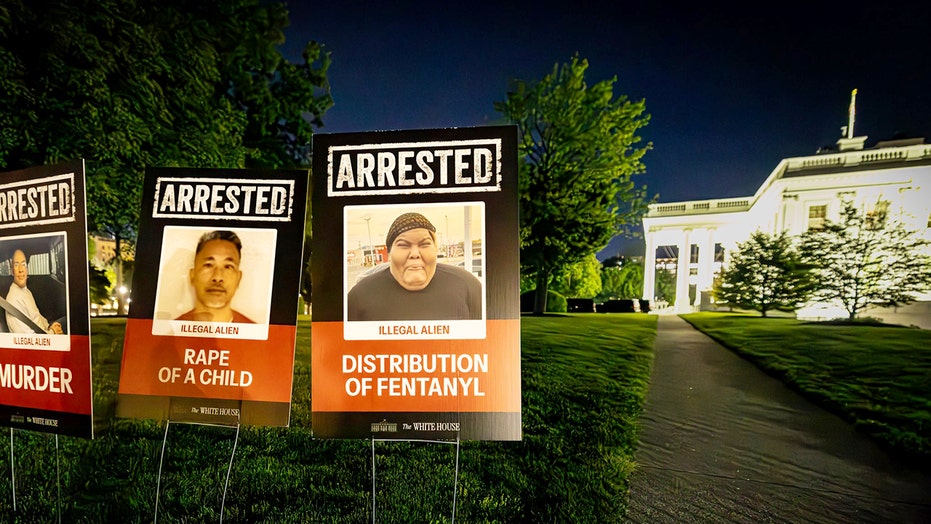


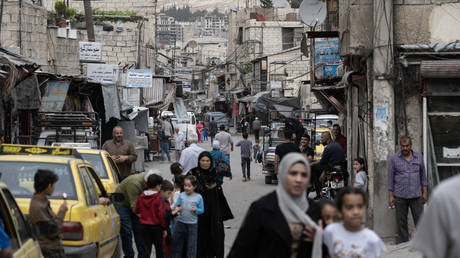
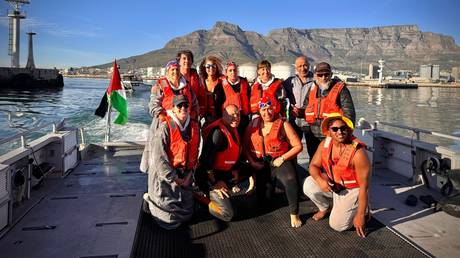
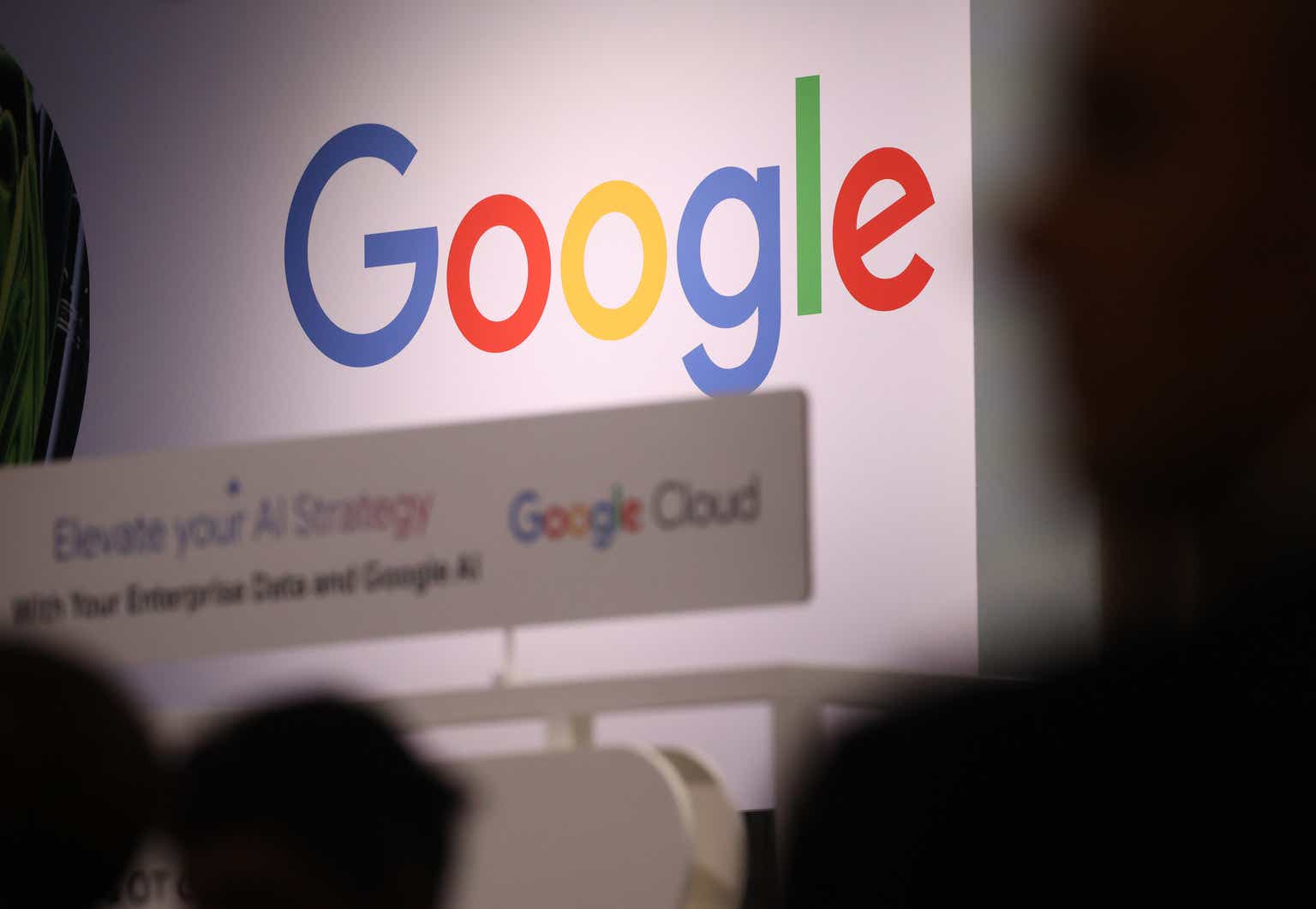


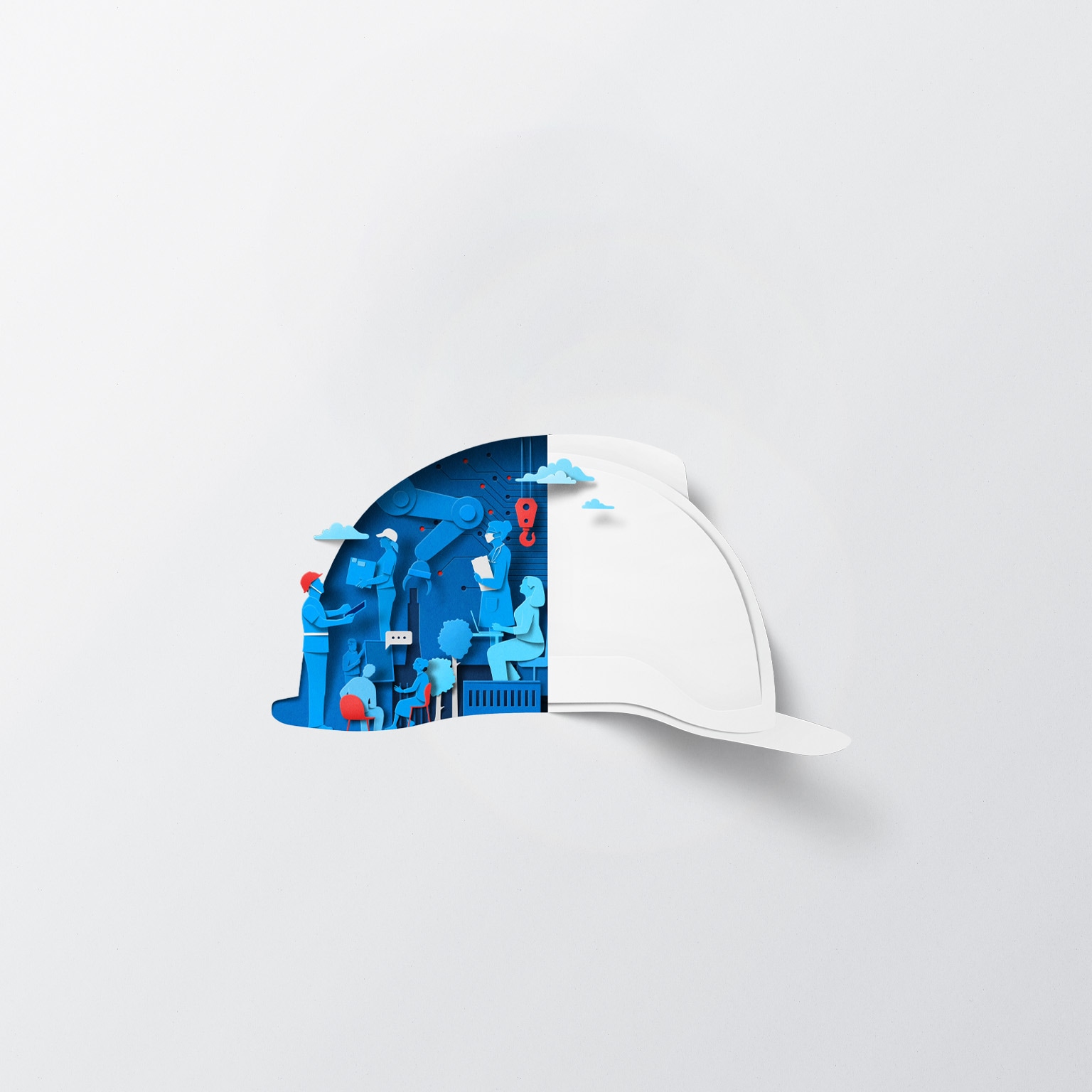


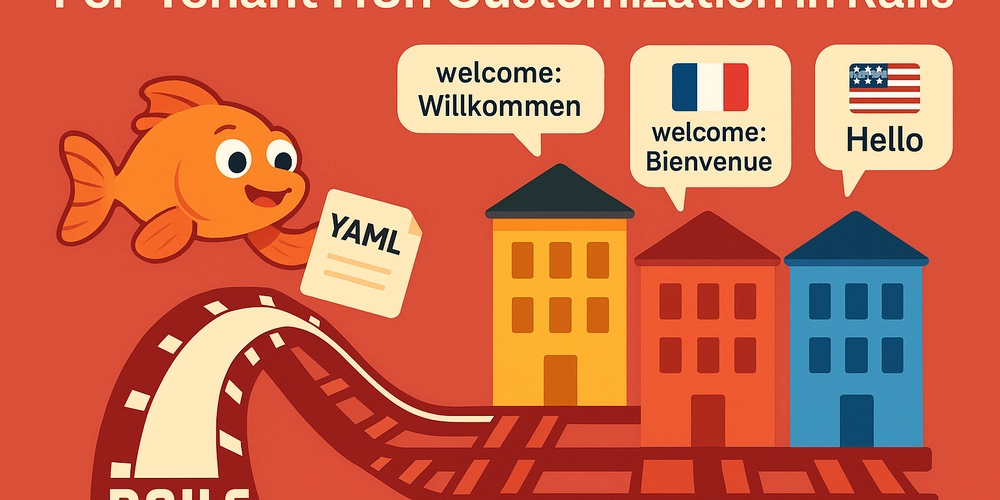
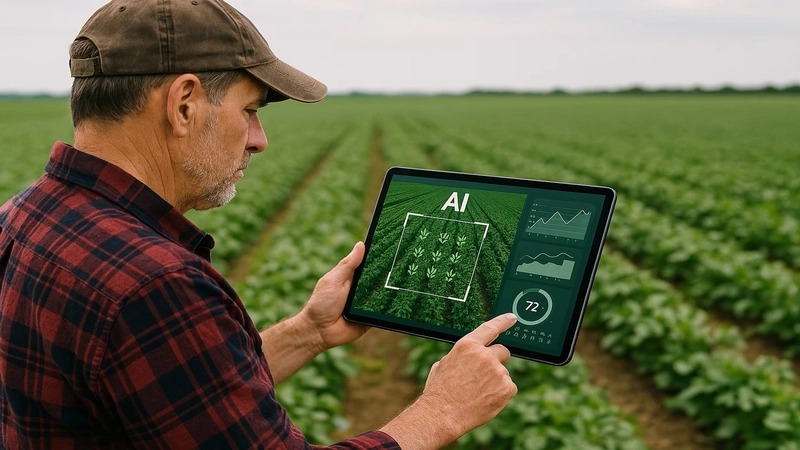







_Muhammad_R._Fakhrurrozi_Alamy.jpg?width=1280&auto=webp&quality=80&disable=upscale#)
